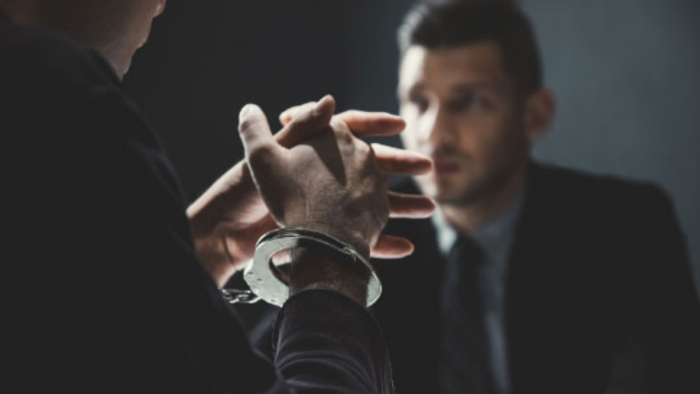
On this page
Fair Trials has intervened in the case of Przemysław LALIK v. Poland (Application no. 47834/19), calling on the European Court of Human Rights (ECtHR) to reinstate its ruling in Salduz v Turkey: if someone has been unjustly denied a lawyer, any statements they make to the authorities should not be used to convict them. To do so would result in an unfair trial. If the ECtHR fails to return to the Salduz principles, it must examine the effectiveness of domestic remedies when access to a lawyer has been denied. As our intervention shows, state laws on the exclusion of unlawfully obtained evidence do not, in practice, effectively remedy violations of the right to a lawyer.
Right to a lawyer
When someone is arrested, they are extremely vulnerable. Lawyers can protect people from coercive police tactics, enable them to assert their right to remain silent and help to prevent miscarriages of justice. Decisions made at these early stages have a big impact on the outcome of a trial so the early involvement of a lawyer is crucial.
Salduz v Turkey
In 2008, the ECtHR ruled in Salduz v Turkey that while there may sometimes be compelling circumstances that justify denying someone access to a lawyer, anything that they say without a lawyer present cannot be used for the purpose of convicting them at trial. This ground-breaking decision had a significant impact. Individual EU states amended their criminal procedure codes; the EU passed its own law making the Salduz principle directly enforceable in member states’ courts; and it was clear to police across the EU that bypassing a suspect’s right to a lawyer was futile, as any evidence collected would be worthless.
Beuze v Belgium
However, this progress has been undermined by subsequent ECtHR rulings in Ibrahim and Others v UK and Beuze v Belgium, which allow Courts to use incriminatory statements made when a lawyer was not present. In Beuze v Belgium, the ECtHR said that state courts should look at the overall fairness of the system. Even if someone’s right to a lawyer has been violated, incriminating evidence could still be used to convict them as long as there were sufficient remedies in place.
In practice, these judgments undermined the effectiveness of the right to a lawyer during police questioning. Statements obtained unlawfully are widely used in criminal proceedings across Europe, even where exclusionary rules exist. They can still be considered, directly or indirectly, by investigative authorities and judges. This means that law enforcement authorities across the EU are being incentivised to interview people who have been suspected of a crime without a lawyer because they know that these statements can still be used.
This is why Fair Trials has argued in our intervention for a return to the clear principle laid out in Salduz. If it fails to do so, the ECtHR needs at the very least to closely examine the effectiveness of so-called remedies in practice, as even excluded evidence can influence the outcome of a case.
Read our intervention.
Our partners at Helsinki Foundation for Human Rights have also submitted an intervention in this case.

